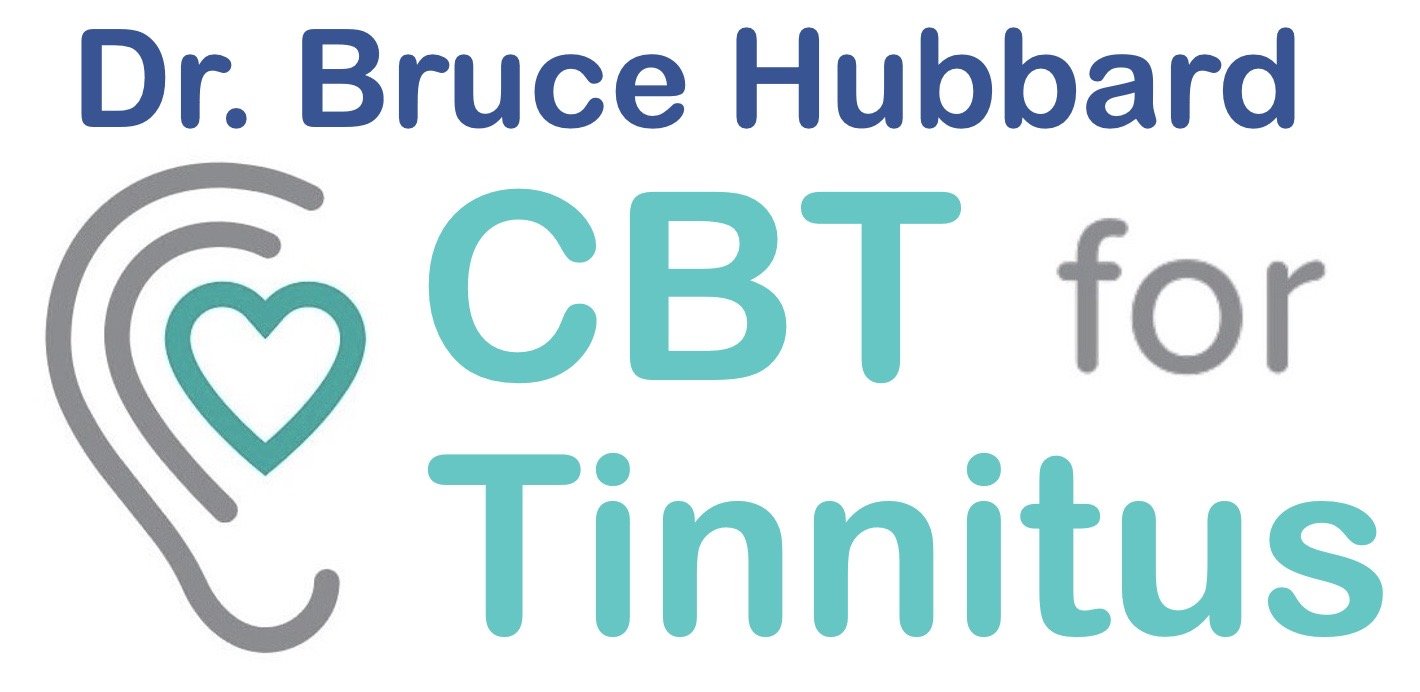Does Lenire Really Work?
The original research on bimodal stimulation for tinnitus was encouraging, but does the currently available model, Lenire, live up to the promise? Lenire is very expensive, selling for $4000 to $5000 USD. And it requires a big commitment: relaxing for sixty minutes a day, with an electrode dangling off your tongue, listening to the same programmed music, for a minimum of three months. This commitment in money and time might be well worth it if we could be assured of the expected results. The average consumer may be impressed with the the company’s research, and with Lenire’s designation as FDA Approved. In this article, I take a scientific perspective, and consider some candid user reviews (not provided by the company), to see what’s really happening.
What Does FDA Approval Really Mean?
People often place a lot of confidence in "FDA approval," which Lenire has. However, FDA approval does not mean, as most people assume, that a device is effective. FDA approval means a device is safe. The last tinnitus treatment to receive FDA approval was Neuromnics, which, as of today, is barely on the market, because tinnitus sufferers eventually learned through direct experience that it doesn’t help.
Does Lenire Really Bring Down Tinnitus Volume?
The original promise of bimodal stimulation was that it would reduce the volume of our tinnitus. Lenire research has not shown this. So at present there is no scientific evidence that Lenire reduces tinnitus volume. The published data indicates only that Lenire significantly reduces tinnitus distress over a period of three months, and on average, distress remains lower over the following year. This result is impressive, but is the improvement really due to the Lenire device, or might other factors aside from the device account for the positive finding?
Is the Reduction in Tinnitus Distress Really Due to Lenire or to the Passage of Time?
Studies show that tinnitus distress tends to come down over time. To show that a tinnitus treatment is better than the passage of time, a tinnitus study must include a “wait-list control group”, that is, a group of tinnitus sufferers who are waiting over the course of the study to receive the treatment. All well-conducted clinical studies include a wait-list control group. The Lenire researchers failed to include a wait-list control group to test this possibility.
Does Relaxing and Listening to Soothing Music for 60 Minutes a Day Account for the Improvement?
Another explanation for the reduction in tinnitus distress found in Lenire studies is that reducing general stress by taking an hour a day to slow down, listen to soothing music, every day for three months, may help people relax about and better coexist with their tinnitus. This practice alone could greatly reduce tinnitus distress and even promote tinnitus habituation. To test this possibility, the Lenire researchers would have had to include in their studies a group of tinnitus sufferers who, without any device, spent an hour a day for three months relaxing to soothing music. They did not include this group.
Is Lenire Just a $4000 Placebo?
As my colleague and renowned tinnitus researcher James Henry points out in a Washington Post article, the Lenire device has not been properly tested to have ruled out the placebo effect, which is known to be very strong with tinnitus treatments. To do this, the researchers would have had to include a group of tinnitus sufferers who were given a “dummy” device, that looks and feels like the actual device but does not provide bimodal stimulation. Lenire has not done this. They have not shown that their device is any more than an expensive placebo.
Candid User Reviews
While new to the US, the Lenire device has been available in Europe for several years, so we have lots of user reviews not gathered by the company, which is obviously very biased. The company claims that “85%” of users find the device helpful. However, according to the Tinnitus Talk forum, which has been collecting user reviews of Lenire for several years, only 50% of users found Lenire helpful. So half the people who spent all that time and money received no benefit. In my opinion, this again indicates the device may just be a pricey placebo, as studies show in general about 40% of people respond well to placebos.
What to do?
In sum, CBT is still the only proven approach to tinnitus. I see bimodal stimulation as an option for people who either don't want to commit to the time and effort to learn and practice CBT skills, or have already tried CBT and feel they need more help. And then it's a pretty big gamble as to whether or not they'll just be throwing away their money!

